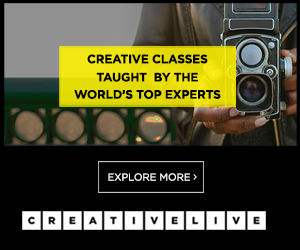Thank you, 2018 :)
It’s strange sitting here, 1.5 hours before midnight in my home city, 2.5 hours til 2019 in my current one.
But it’s a great time for reflection, particularly when you and your other half saw the Early fireworks as he’s oncall tonight.
2018 was a huge year for me.
One of my faves, Ariana Grande herself said it best- “I find it interesting that this has been one of the best years of my career and the worst of my life.”
I guess personally, it wasn’t the absolute worst it could have been for me, but it definitely had a huge amount of challenges that really rocked me- but also gave me the extraordinary chance to reset and reframe the difficult situations in my personal life.
You can dread each day and its challenges, or you can reframe it to be uplifting for someone else who’s going through a hard time.
Every day counts.
I really believe that, no matter what challenges your career throws at you, you and your loved ones come first.
They’re your anchor, they’re your reason, your “Why” in most cases.
And you should never be ashamed of putting your wellbeing first.
Because no matter how big your career gets- and I believe that your career is your startup - you’ll enjoy it more when you respect yourself.
If you need more time before saying “Yes” to a project, ask for it.
If you feel pressured to work weekends and public holidays because that’s “the startup way,” but you’re actually more productive just working on odd weekdays, go ahead and set your boundaries.
If your personal circumstances mean it’s more favourable for yourself and your family if you work a bunch of part-time and casual freelance roles, go ahead and do it.
If you feel your co-founder’s doing something dodgy, reassess and consider trusting your instincts.
If someone’s being two-faced, don’t be afraid to call it out.
If you love doing several other things along with medicine, allow yourself to do it.
Give yourself permission.
And many more examples like this.
Everyone will be better off for you owning your power.
—-
Someone wise I met recently gave me that wonderful piece of advice.
“Own Your Power.”
Own your decision-making capability, your strengths and skills, your relationships, your identity.
People will try to take advantage of your vulnerability.
So-called “friends” and “partners” in startups and medicine will show their true colours to you, even when the rest of the world can’t see it immediately.
It’s disheartening. It can be isolating, and you can question yourself and your perception, wanting to believe you’re wrong.
It’s okay, because questions are healthy, and I’ve learnt how valuable it is to be mindful, and become more self-aware.
It’s a great defence mechanism, mindfulness. I’ve found it’s a great decision-making tool, productivity booster, and mental health balm. (Ooh, I should package that! Next to the lip balm jars!)
But I guess my rambling here right now is to say,
THANK YOU.
Thank you, 2018, for teaching me even through my weaknesses and dark times this year.
Thank you for giving me the chance to grow stronger.
Thank you for helping me to speak my truth.
Thank you to every single one of you who stumbles across my page; who reads my articles from way back when; who follows and likes (for real) my stuff on social media; who has become a true friend from this crazy journey; who has bumped into me at some event or clinic somewhere around the world and said hello; who believes in me even when I don’t; who believed in me even when it doesn’t all make sense.
I can’t wait to share 2019 with you all.
Have a wonderful New Year and enjoy the celebrations :):):)
*I think I am serious about the mental health balm!





